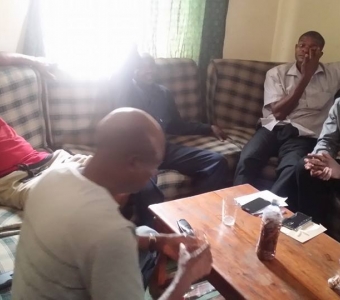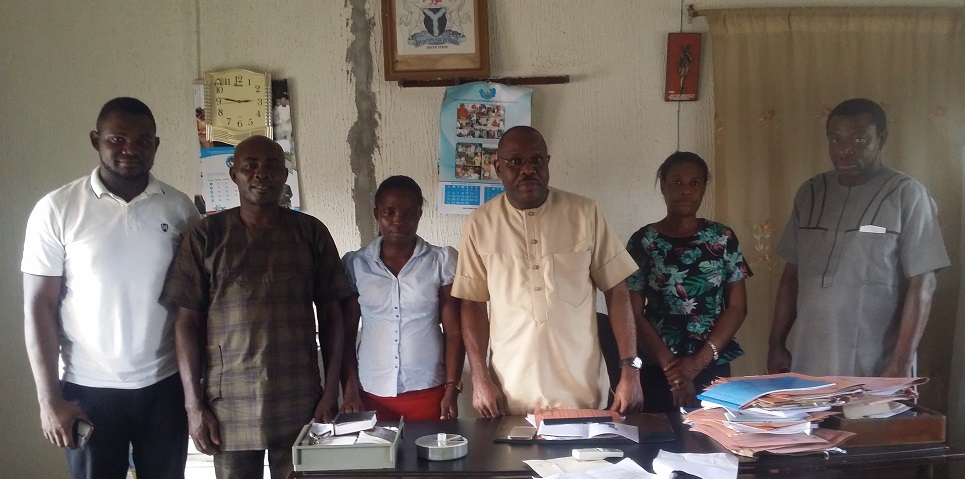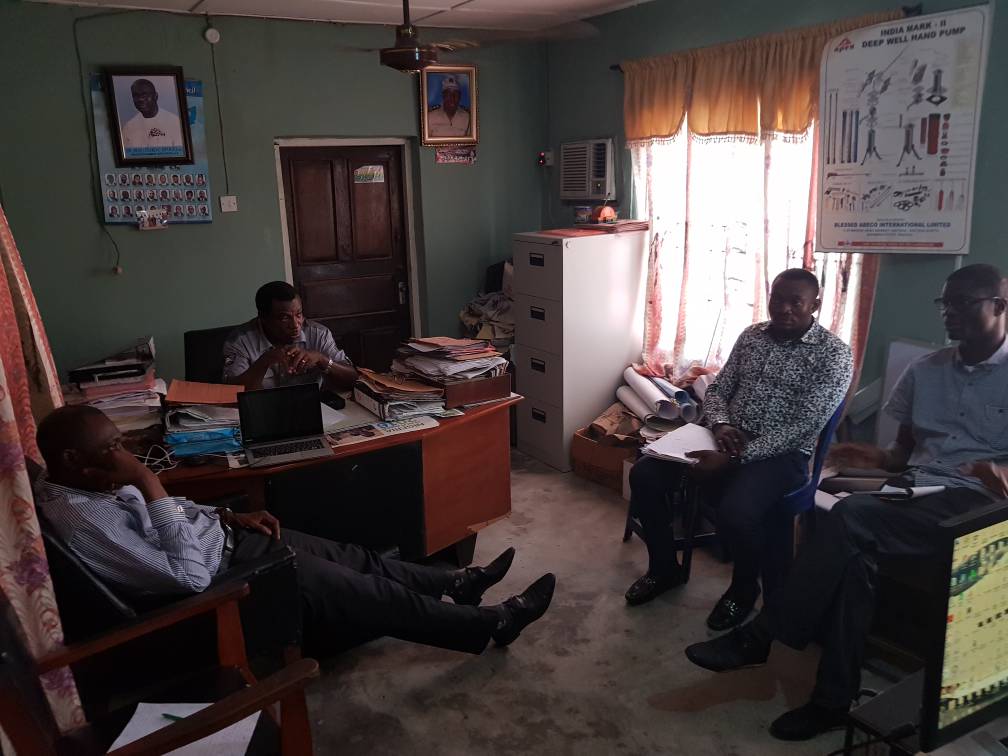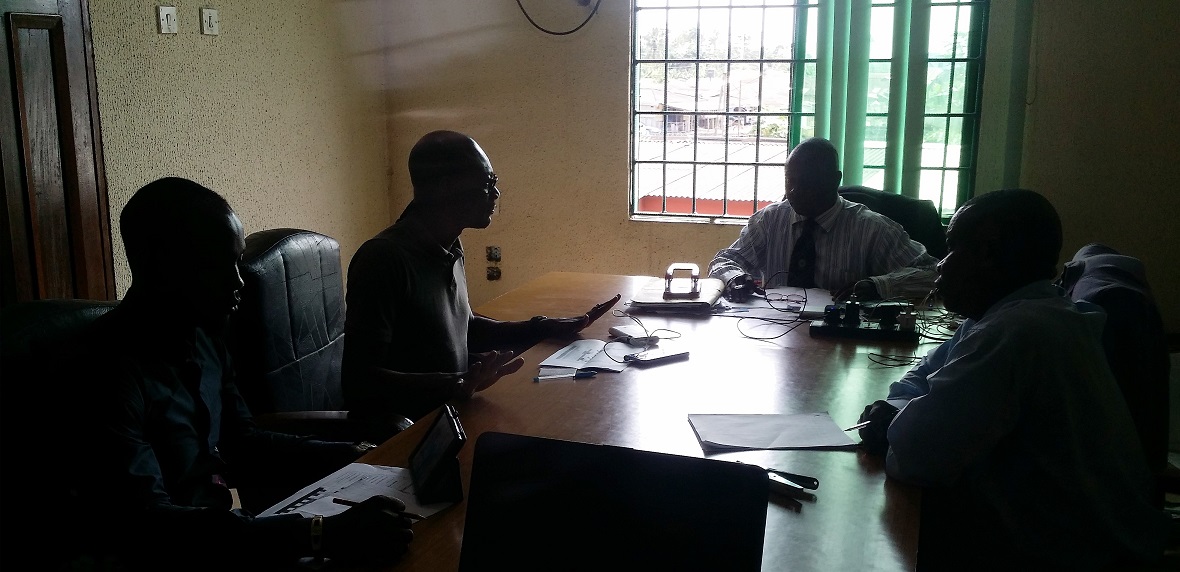The European Union's Niger Delta Support Programme (NDSP) - Component 3 (Water & Sanitation) is aimed at improving access to sustainable water supply, sanitation and hygiene services delivery in urban areas and small towns of five Niger Delta States of Akwa Ibom, Bayelsa, Delta, Edo and Rivers and to mitigate environmental pollution and poor water quality in the region. Initiative for Community Development (ICD) as one of the grantees, implemented the project at Oleh, Emede, Irri, Olomoro and Uzere Communities in Isoko South Local Government Area of Delta State, South-South Nigeria and it ran from October 2017 – December 2019.

The EU supported project which is focused on attainment of socioeconomic wellbeing and national targets on water, sanitation & hygiene in Isoko Local Government Area, through gender sensitive social business service delivery model has been successfully completed. The evaluation is aimed at assessing the overall performance of the project and the current status of the key and relevant performance indicators and their current values as outlined in the proposal. The evaluation assesses the degree of achievements of the objectives and results of the action of the implemented activities. It provides an opportunity to examine the effectiveness and efficiency of the intervention approach. The report summarizes information collected from intervention and evaluation activities, interpreting the data for possible meanings, and concluding how the findings might shape future programming.
The evaluation data were obtained through both desk-based and field research. Participatory qualitative data collection techniques – such as knowledge attitudes and practices surveys, questionnaires, semi-structured interviews with beneficiaries, relevant stakeholders and ICD project staff (Project Coordinator, Programmes Manager, Finance Manager and other support staff), mapping, wealth ranking, focus group discussions in the five communities and primary data where increasingly used. The evaluation rated the project to have met 80% of its intended results. Stakeholders' participation from inception to the implementation of activities and completion was one of the major factors in the success of the action. The evaluation report demonstrated visibly that; good number of accomplishments has been achieved. The full effect and resulting conditions of this action cannot be measured until after the implementation of some of the pending activities.





















 ACTIVITY REPORT
ACTIVITY REPORT









































































































































